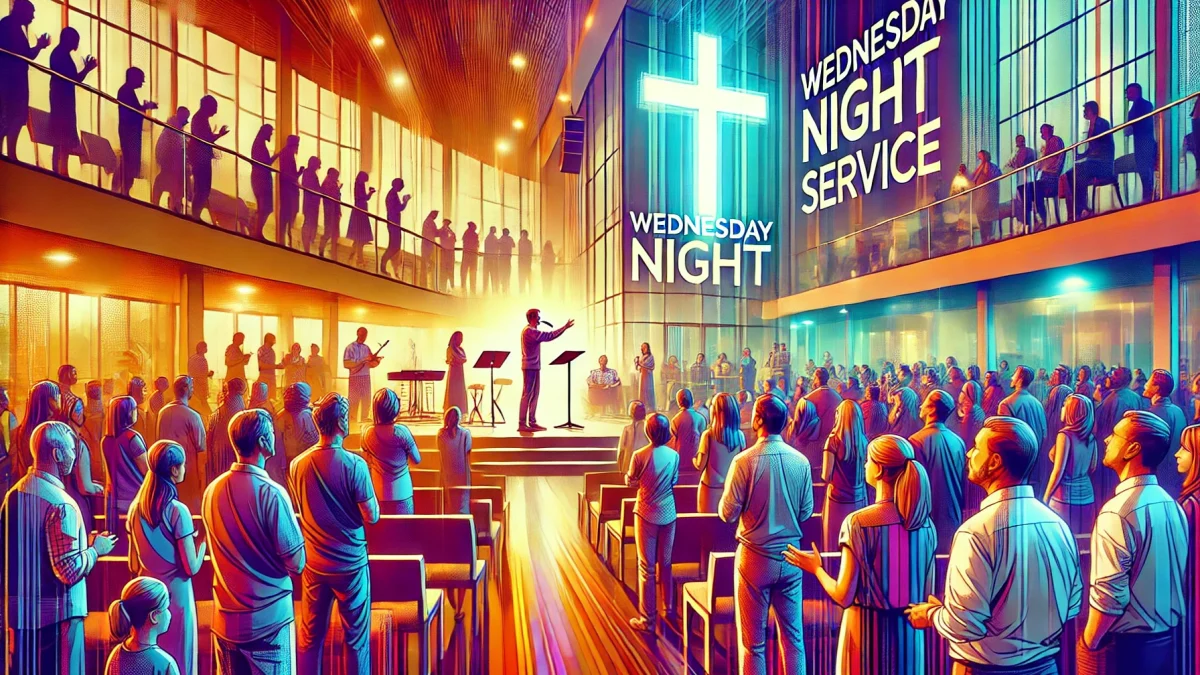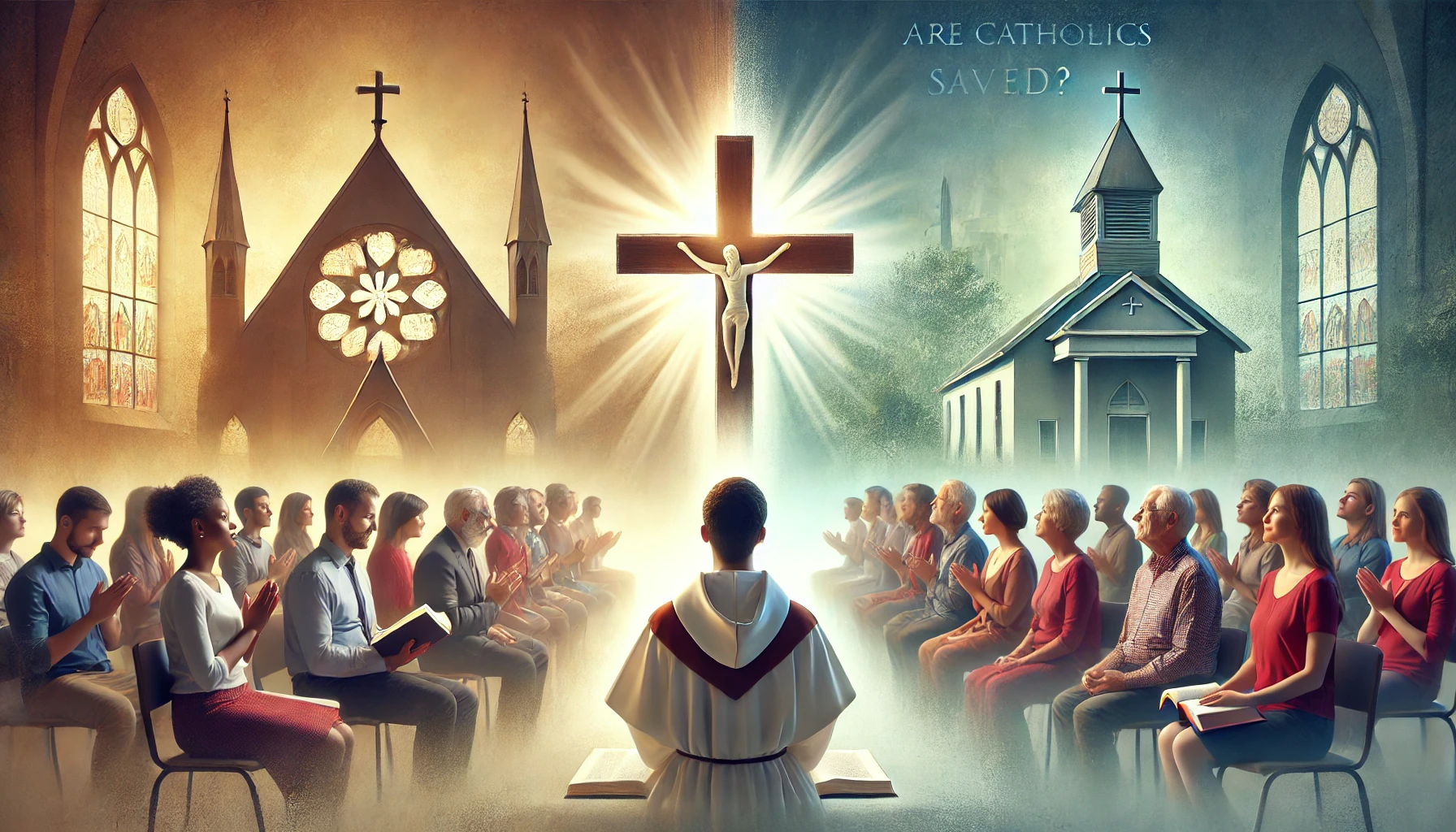As someone deeply connected to the fabric of church life, I’ve observed a fascinating trend—the evolution of the Wednesday night service. This service, once a cornerstone of church engagement midweek, holds a special place in my exploration of faith practices across different communities.
Origins and Evolution of Wednesday Night Services
The roots of the Wednesday night service are somewhat shrouded in mystery. Historically, these services may trace back to the gatherings of slaves in the U.S., who met for encouragement and prayer. Others suggest the influence of notable revivalist D. L. Moody, who popularized noon prayer meetings. Additionally, the rise of modern conveniences in the 20th century, which freed up evening hours, allowed for the establishment of a midweek service. This period of fellowship was aimed at enriching the spiritual lives of congregants beyond the Sunday gatherings.
The Personal Touch of Midweek Services
Initially, Wednesday services began as simple prayer meetings but gradually adopted many elements of a typical Sunday service, including sermons and music. What sets Wednesday services apart is their intimate setting. They provide a space where personal prayer requests are shared, deeper Bible study occurs, and individual questions are freely addressed. For many, including myself, these midweek services are crucial for maintaining spiritual momentum.
The Shift from Traditional to Contemporary
In recent years, the traditional Wednesday night service has seen a decline, mirroring the decrease in Sunday evening services. Factors like dwindling commitment and increasing busyness are often blamed for this trend. However, the spirit of Wednesday services persists in a different form—small groups meeting in homes across the week. These groups encapsulate the essence of midweek services, fostering personal involvement and community connection on a smaller scale.
The Theological and Spiritual Significance
Charles Spurgeon, a revered preacher, outlined three pivotal reasons for maintaining regular prayer meetings: they unify and encourage believers, deepen devotion to God, and secure divine blessings as promised in Matthew 18:19–20. Spurgeon emphasized the prayer meeting’s critical role in sustaining the church’s spiritual vigor.
Reflections on the Future of Church Meetings
There’s no explicit biblical command regarding Wednesday night services, yet their gradual disappearance might reflect the broader spiritual climate of our time. The early church met daily, as recorded in Acts 2:46, a stark contrast to today’s often weekly meetings. As challenges to faith grow, perhaps there’s a need to revisit the idea of more frequent gatherings, not just for prayer but for mutual support and strengthening in faith.
The Wednesday night service, whether in its traditional form or as part of modern small groups, continues to be a vital element in nurturing the church’s communal and spiritual life. As we navigate the complexities of contemporary faith, these gatherings—whatever form they take—remain essential in fostering a resilient and vibrant church community.






Leave a Reply